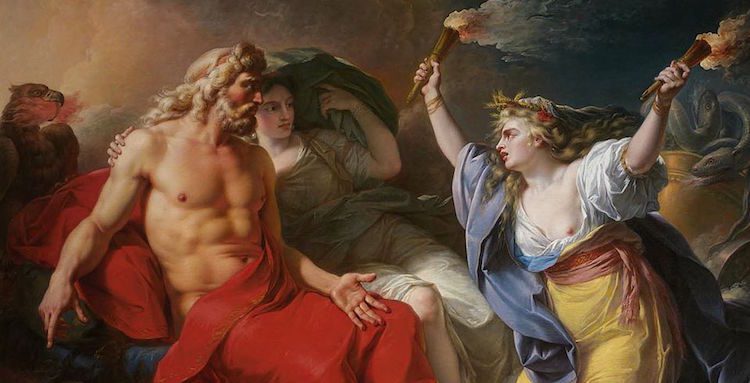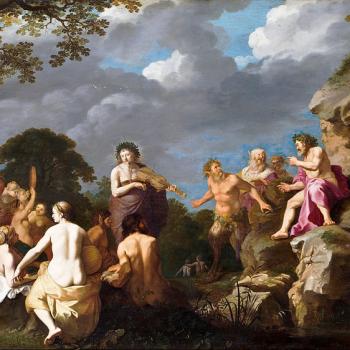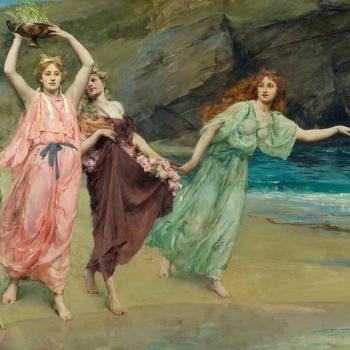Personal Gnosis or Unverified Personal Gnosis (UPG) is a topic I wanted to discusses for some time now. I wanted to address the problems with it and contribute my two cents on the issue for consideration. Overall the conversation below is about balancing tradition and UPG effectively.
John Beckett wrote an excellent piece on the matter The Lore vs. UPS – A False Dichotomy in 2015 and more recently Astrea Taylor wrote Personal Gnosis is The New Black. It is Astera Taylor’s article that gave me the urge to voice my opinions, concerns, and offer some solutions. Keep in mind this discussion is centered within the context of Hellenism.

In Taylor’s post, she wrote that the gods could change. In it, she shares her personal experience of Zeus. She writes the following:
“He told me that he was sorry for all the harm he’d inflicted on others. It was around the #MeToo movement. I couldn’t help but wonder if he was called out by a few deities and semi-deities.
He asked me in a polite, earnest manner to write the chapter about him and include his regrets and his heartfelt sentiment. “It was a different time,” he said. “I was a different god.
I realize this is unverified personal gnosis, because it does not agree with the horrific legends of his ‘conquests,’ but this is exactly the type of wild truth we need to heal modern society’s wounds.”
I reflected on what Astrea’ experienced to try to understand it within in a Greek context. I was troubled by this at first because it did not sit right with tradition. The esoteric teachings tell us the gods do not harm, they don’t rape. Zeus has nothing to apologize for with the esoteric understanding of myth. Yet we have an experience of Zeus apologizing for his alleged wrongdoings, how do we make sense of it?
John said in his post, “[w]e need both lore and UPG. We need the lore to connect us to our ancestors and their wisdom. We need the lore to provide guidelines for interpreting our experiences.” This is an important teaching and one that I put into action with Astrea’s experience.
Recalling what I have learned from my studies concerning the gods I remembered an important understanding. The gods give us what we need to help us. To honor both tradition and the personal experience I came to the following conclusion. Zeus said what he said not because it is true and that we should think Zeus has changed and reformed from her philandering ways. He said what He did because it is what was needed to help Astrea and folks who have the wrong impression of Him. Many people think Zeus is a rapist, and that is not the truth. In Zeus’s wisdom, apologizing was the most effective way to heal and build a relationship with Astrea.
I want to now share some deeper reflections on the topic. When we do not balance lore with UPG we are doing damage to both tradition and individuals with experiences. One of the significant risks of going too far on the side of UPG is cultural deterioration. I feel that people forget that the gods are part of someone’s actual living culture, Greek culture. The same goes for any pantheon.
When UPG is the sole guiding principle for someone without any cultural context, that is appropriation and it is damaging to the cultural source from which the gods are expressed in. While the gods are universal (their powers are limited to a culture, people or region) they have cultural expressions and understandings. To tinker with it from outside the culture is wrong. Therefore tradition (lore) is essential. It guides UPG within the proper cultural context. This helps to contribute to the overall tradition instead of fracturing the tradition into various smaller personal traditions which result in something new and alien being created. It also helps us make sense of our UPG through tradition.
When we side ourselves too far on tradition and lore we run the risk of killing the tradition in the long run because we fossilize the tradition. The task at hand is to know the tradition as best as we can so we can make sense of UPG in the most effective way that is meaningful to the individual without altering tradition with every new experience.













